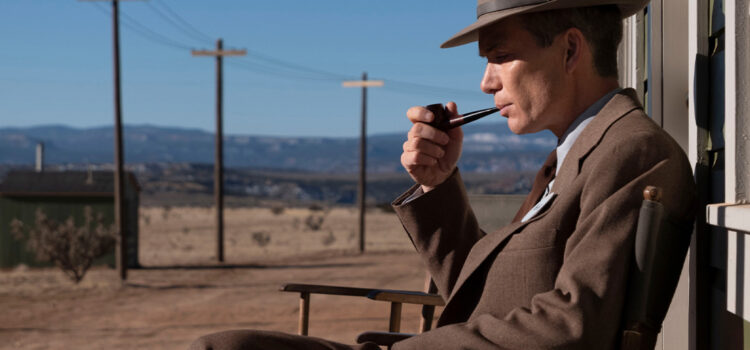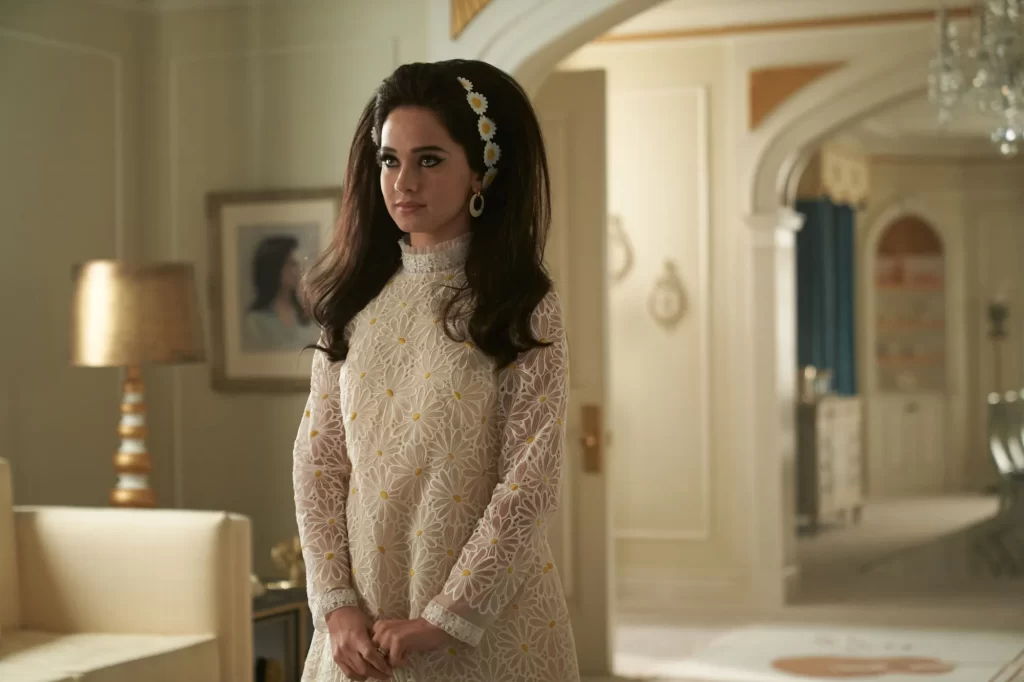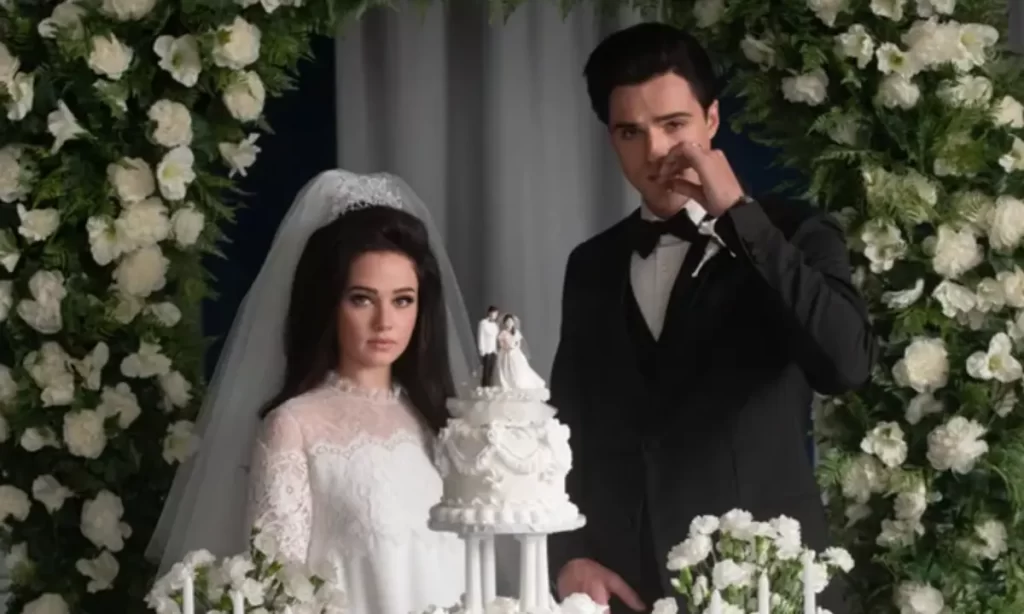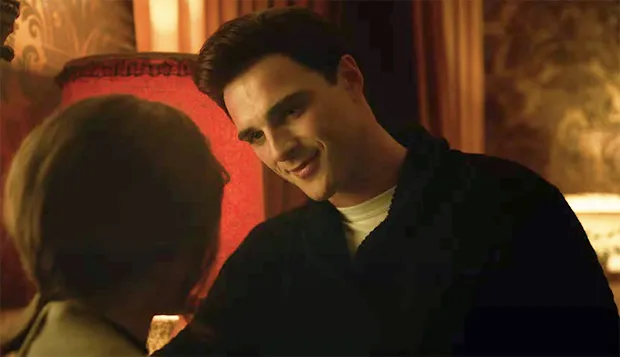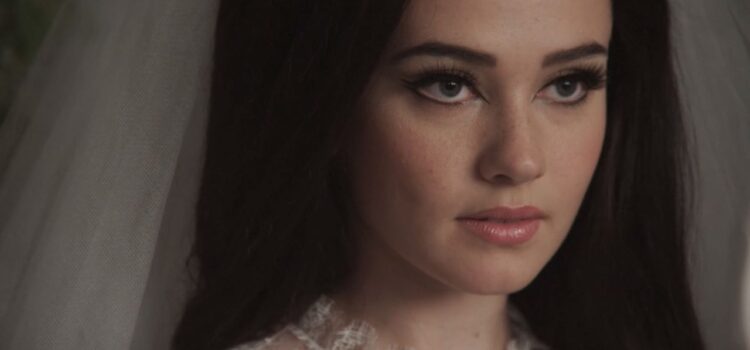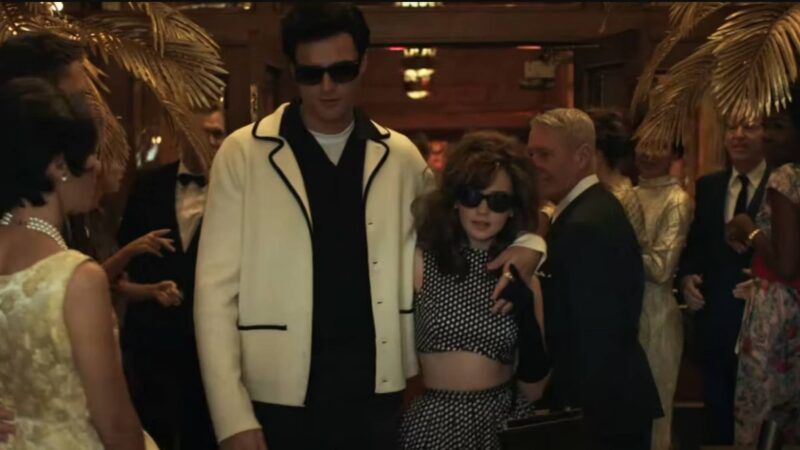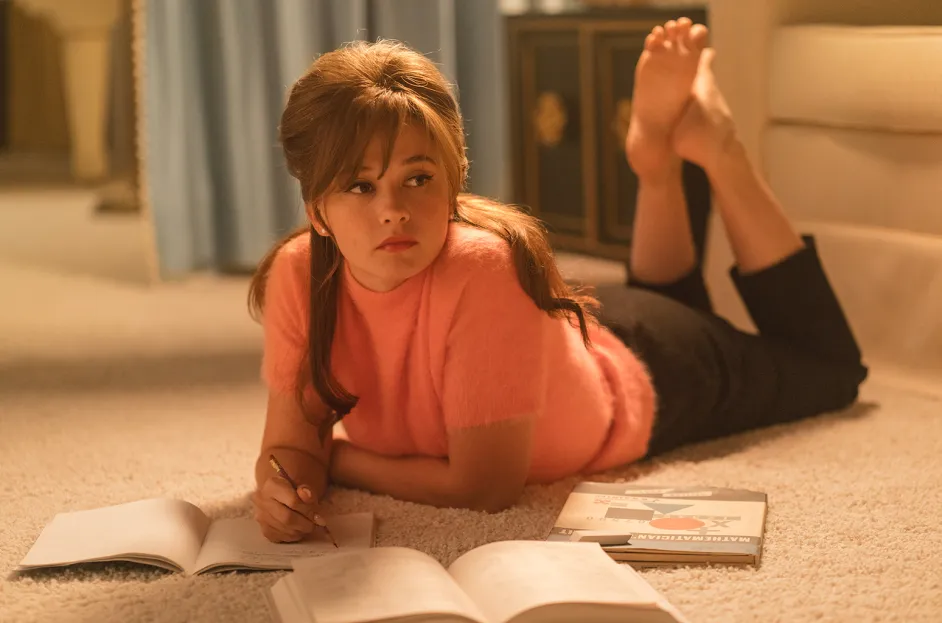“Oppenheimer” leads with nominations 14, followed by “Killers of the Flower Moon” with 12, “Barbie” 11 and “The Holdovers” with 9
The year’s top film phenomenon “Barbenheimer” dominated the nominations announced Dec. 10 by the St. Louis Film Critics Association, with Christopher Nolan’s scientific biopic leading the way, earning 14 nods for best film, director, actor Cillian Murphy, supporting actor Robert Downey Jr., supporting actress Emily Blunt, ensemble, adapted screenplay, cinematography, editing, production design, costume design, music score, visual effects, and best scene.
Awards will be announced Dec. 17.
In addition to determining nominations in 24 categories, the regional critics’ group recognized two groups for special merits involving the industry’s labor strikes this year.
Special Merit: The Screen Actors Guild and Writer’s Guild of America for fighting for artists’ equity and protecting the future of filmmaking by striking against practices that minimize or eliminate protection and living wages for artists.
Special Merit: A24 for showing solidarity with the actors and writers by securing approval from SAG-AFTRA and WGA to continue filmmaking and publicity.
The epic western crime drama “Killers of the Flower Moon” received 12 nominations, including best film, director Martin Scorsese, actor Leonardo DiCaprio, actress Lily Gladstone, ensemble, adapted screenplay, cinematography, editing, production design, costume design, music score and scene.
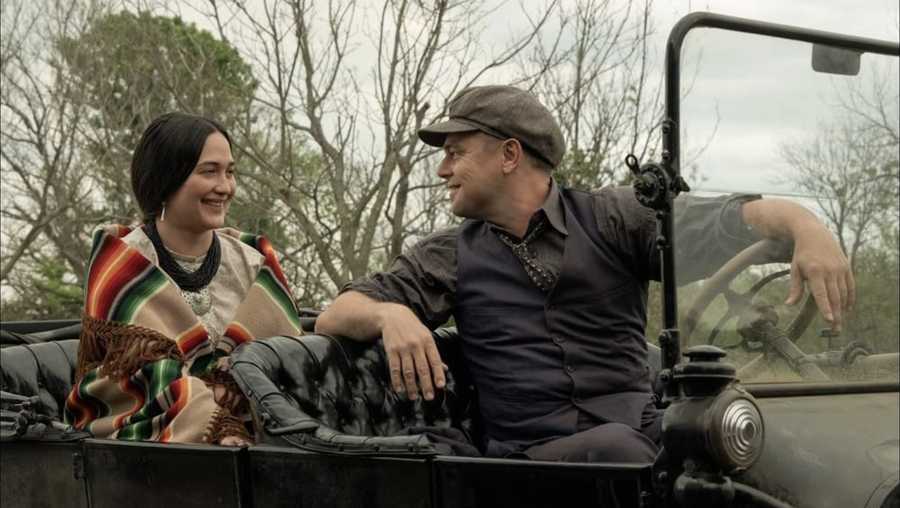
Greta Gerwig’s blockbuster comedy “Barbie” about the Mattel doll’s existential crisis in BarbieLand, KenEnergy and toxic masculinity in the real world, earned 11 nods for film, director, actress Margot Robbie, supporting actor Ryan Gosling, ensemble, original screenplay, production design, costume design, music soundtrack, comedy and best scene.
Alexander Payne’s comedy-drama “The Holdovers” about a cranky teacher supervising students left on a prep school campus and the bonds formed during Christmas break in 1970 earned recognition for its three principal characters among its nine nominations for film, actor Paul Giamatti, supporting actress Da’Vine Joy Randolph, supporting actor Dominic Sessa, ensemble, original screenplay, editing, music soundtrack, and comedy.
“Maestro,” “May December” and “The Zone of Interest” each earned six nominations.
Todd Hayne’s discomforting drama “May December” tally included nods for its three principal actors Natalie Portman, Julianne Moore and Charles Melton, director, music score, and film.
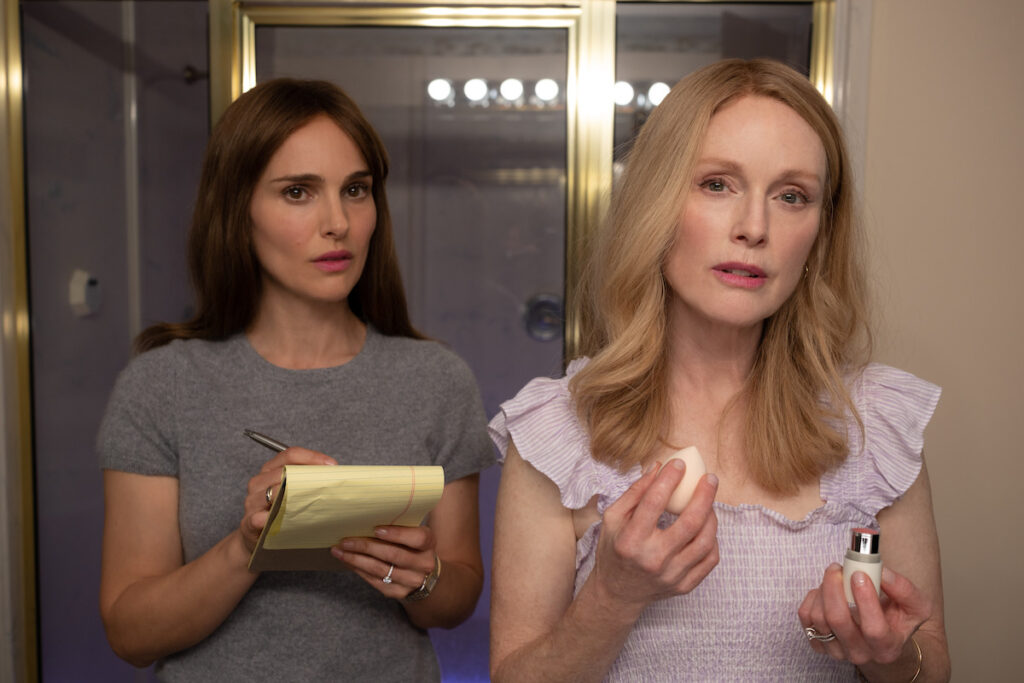
Jonathan Glazer’s chilling wartime drama set next to Auschwitz “The Zone of Interest,” a film produced in the United Kingdom, earned its accolades for film, international feature, adapted screenplay, cinematography, editing and music score.
Bradley Cooper’s biopic on Leonard Bernstein, “Maestro,” received nods for film, actor Bradley Cooper, cinematography, editing, music soundtrack, and scene.
“American Fiction” earned five nominations for film, actor Jeffrey Wright, adapted screenplay, comedy and supporting actor Sterling K. Brown, who happens to be a St. Louis native.
“Past Lives” and “The Killer” had four nominees each, with Celine Song’s semi-autobiographical American-made film nominated for film, director, original screenplay, and actress Greta Lee.
David Fincher’s “The Killer” was heralded for its technical skills, with nominations for editing, stunts, soundtrack, and best action movie.
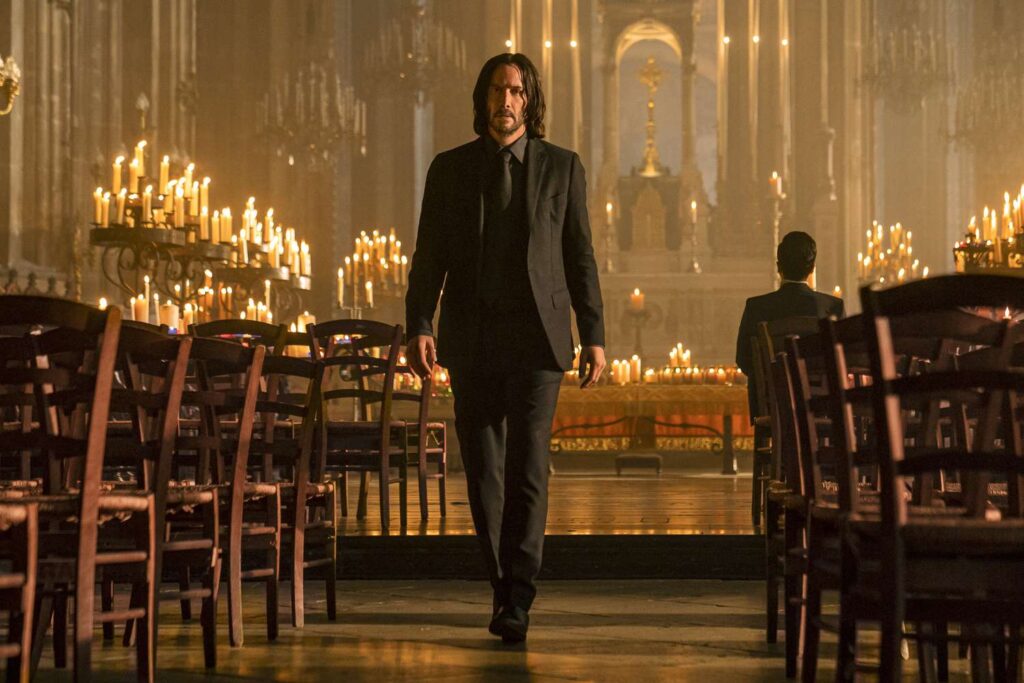
Other films with three nominations apiece: “Air,” “Are You There God? It’s Me, Margaret,” “Asteroid City,” “John Wick: Chapter 4,” “Mission: Impossible – Dead Reckoning Part One,” “Poor Things,” and “Spider-Man: Across the Spider-Verse.”
Founded in 2004, the St. Louis Film Critics Association is a nonprofit organization of professional film reviewers who regularly publish current and timely film criticism, support local productions and festivals, and enhance public education, awareness, and appreciation of films.
Vetted members are affiliated with qualifying media outlets in the St. Louis metropolitan region.
For the awards, eligible films are those that opened in the greater St. Louis area or had an online premiere during the 2023 calendar year – including those film that were given awards-qualifying runs in 2022 but were not available to all SLFCA members until 2023. Films slated for release in early 2024 are also eligible if a press screening, DVD screener, or screening link was provided to all SLFCA members.
For more information, visit the site: www.stlfilmcritics.com
Full List of Nominations:
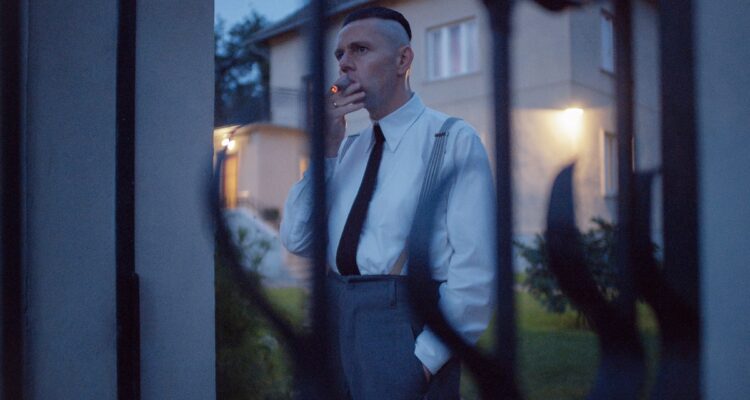
BEST FILM
American Fiction
Anatomy of a Fall
Barbie
The Holdovers
Killers of the Flower Moon
Maestro
May December
Oppenheimer
Past Lives
The Zone of Interest
BEST DIRECTOR
Greta Gerwig “Barbie”
Todd Haynes “May December”
Christopher Nolan “Oppenheimer”
Martin Scorsese “Killers of the Flower Moon”
Celine Song “Past Lives”
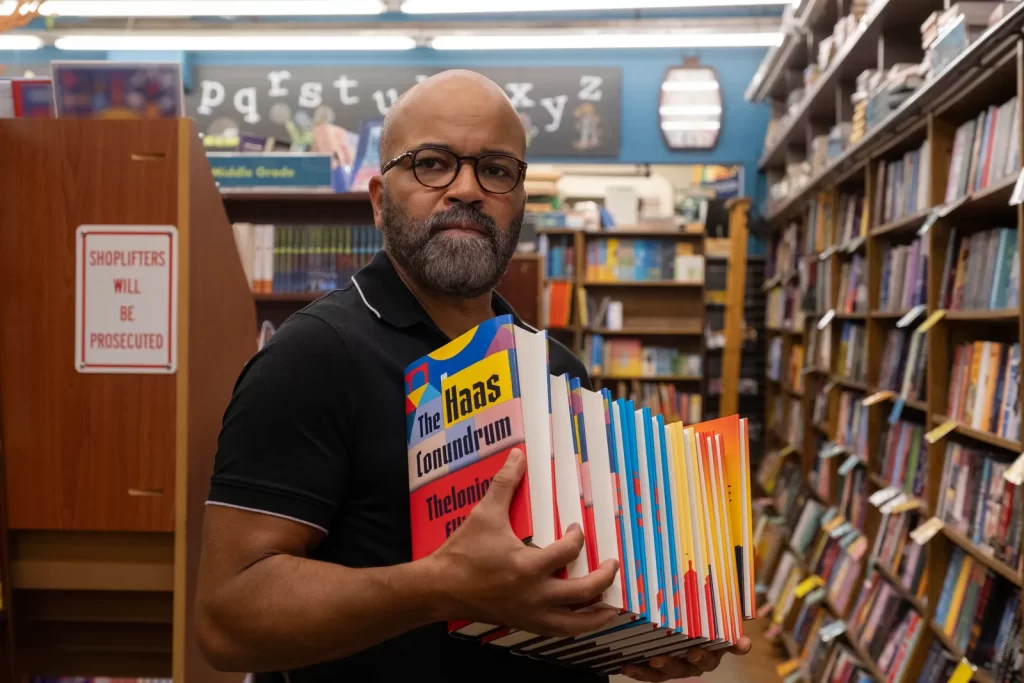
BEST ACTOR
Bradley Cooper “Maestro”
Leonardo DiCaprio “Killers of the Flower Moon”
Paul Giamatti “The Holdovers”
Cillian Murphy “Oppenheimer”
Jeffrey Wright “American Fiction”
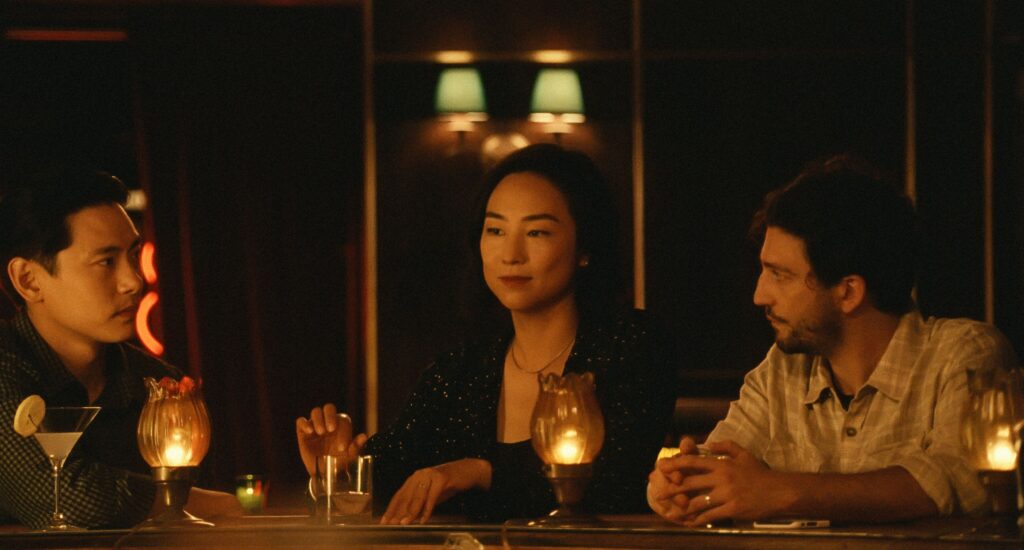
BEST ACTRESS
Lily Gladstone “Killers of the Flower Moon”
Greta Lee “Past Lives”
Natalie Portman “May December”
Margot Robbie “Barbie”
Emma Stone “Poor Things”
BEST SUPPORTING ACTOR
Sterling K. Brown “American Fiction”
Robert Downey Jr. “Oppenheimer”
Ryan Gosling “Barbie”
Charles Melton “May December”
Dominic Sessa “The Holdovers”
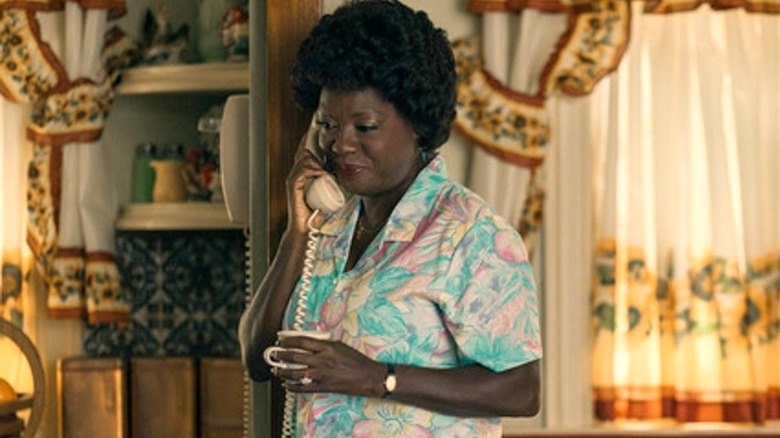
BEST SUPPORTING ACTRESS
Emily Blunt “Oppenheimer”
Viola Davis “Air”
Rachel McAdams “Are You There God? It’s Me Margaret”
Julianne Moore “May December”
Da’Vine Joy Randolph “The Holdovers”
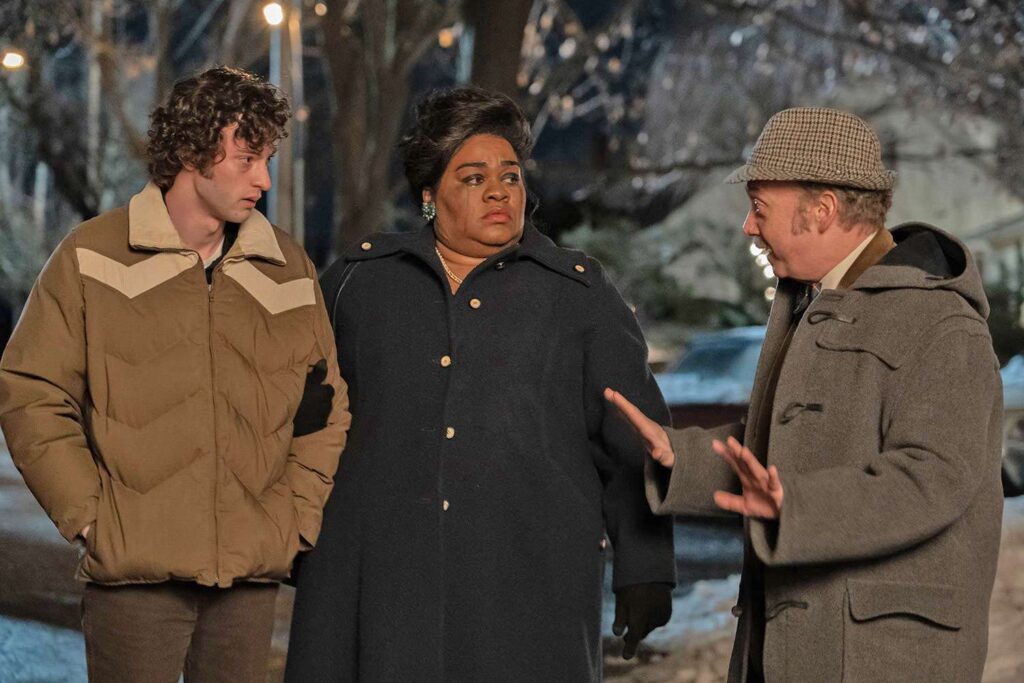
BEST ENSEMBLE
Asteroid City
Barbie
The Holdovers
Killers of the Flower Moon
Oppenheimer
BEST ADAPTED SCREENPLAY
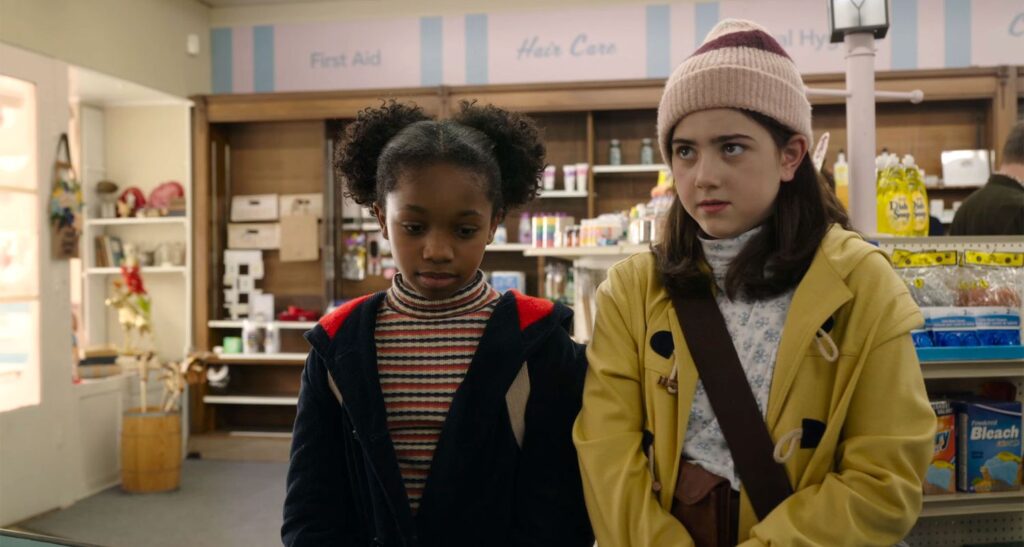
American Fiction – Cord Jefferson; based on the novel Erasure by Percival Everett
Are You There, God? It’s Me, Margaret – Kelly Fremon Craig; based on the novel by Judy Blume
Killers of the Flower Moon – Eric Roth and Martin Scorsese; based on the book Killers of the Flower Moon: The Osage Murders and the Birth of the FBI by David Grann
Oppenheimer – Christopher Nolan; based on the book American Prometheus: The Triumph and Tragedy of J. Robert Oppenheimer by Kai Bird and Martin Sherwin
The Zone of Interest – Jonathan Glazer; based on the novel by Martin Amis
BEST ORIGINAL SCREENPLAY
Alex Convery “Air”
Justine Triet and Arthur Harari “Anatomy of a Fall”
Greta Gerwig & Noah Baumbach “Barbie”
David Hemingson “The Holdovers”
Celine Song “Past Lives”
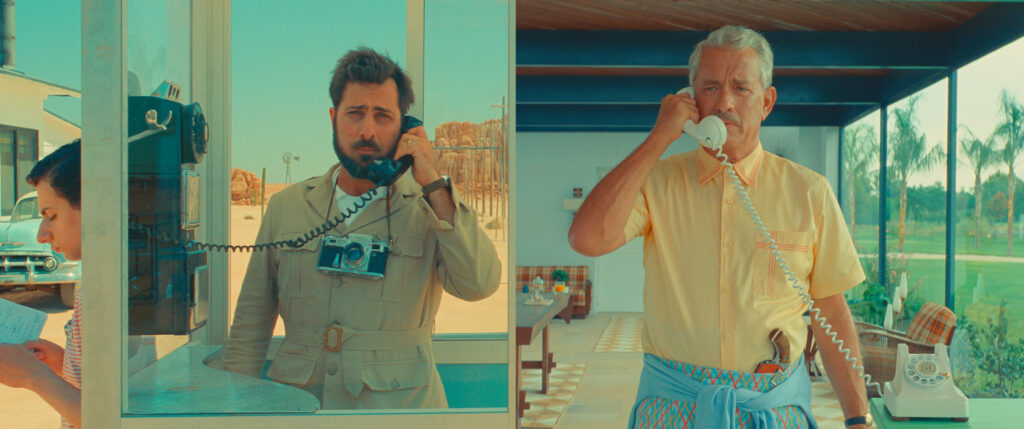
BEST CINEMATOGRAPHY
Robert D. Yeoman “Asteroid City”
Rodrigo Prieto “Killers of the Flower Moon”
Matthew Libatique “Maestro”
Hoyte van Hoytema “Oppenheimer”
Lukasz Zal “The Zone of Interest”
BEST EDITING
Kevin Tent “The Holdovers”
Kirk Baxter “The Killer”
Thelma Schoonmaker “Killers of the Flower Moon”
Michelle Tesoro “Maestro”
Jennifer Lame “Oppenheimer”
Paul Watts “The Zone of Interest”

BEST PRODUCTION DESIGN
Adam Stockhausen “Asteroid City”
Sarah Greenwood (Production Designer), Katie Spencer (Set Decorator)“Barbie”
Jack Fisk “Killers of the Flower Moon”
Ruth De Jong “Oppenheimer”
James Price (Production Designer), Shona Heath (Production Designer), Szusza Mihalek (Set Decorator)“Poor Things”
BEST COSTUME DESIGN
Jacqueline Durran “Barbie”
Jacqueline West (Costume Design), Julie O’Keefe (Head Osage Wardrobe Consultant) “Killers of the Flower Moon”
Ellen Mirojnick “Oppenheimer”
Holly Waddington “Poor Things”
Stacey Battat “Priscilla”

BEST MUSIC SCORE
Robbie Robertson “Killers of the Flower Moon”
Marcelo Zavros “May December”
Ludwig Göransson “Oppenheimer”
Daniel Pemberton “Spider-Man: Across the Spider-Verse”
Mica Levi “The Zone of Interest”
BEST MUSIC SOUNDTRACK
Air
Barbie
The Holdovers
The Killer
Maestro

BEST VISUAL EFFECTS
The Creator – Jay Cooper, Ian Comley (ILM Visual Effects Supervisors); Andrew Roberts (On Set Visual Effects Supervisor); Neil Corbould (Supervising Special Effects Supervisor)
Godzilla Minus One – Takashi Yamazaki (Visual Effects Supervisor)
Guardians of the Galaxy Vol. 3 – Stephane Ceretti (Visual Effects Supervisor), Alexis Wajsbrot (Visual Effects Supervisor), Guy Williams (Visual Effects Supervisor), Teho Bialek (Visual Effects Supervisor)
Mission: Impossible – Dead Reckoning Part One – Alex Wuttke (Visual Effects Supervisor), Simone Coco (Visual Effects Supervisor), Jeff Sutherland (Visual Effects Supervisor), Neil Corbould (Special Effects Supervisor)
Oppenheimer – Andrew Jackson (Production Visual Effects Supervisor), Giacomo Mineo (Visual Effects Supervisor), Scott Fisher (Special Effects Supervisor), Dave Drzewiecki (Visual Effects Director of Photography)
BEST STUNTS

Indiana Jones and the Dial of Destiny – Mike Massa (Stunt Coordinator / Double), Abdelaaziz Attougui (Stunt Performer)
The Iron Claw – Chavo Guerrero Jr. (Stunt Performer and Stunt Wrestling Coordinator)
John Wick: Chapter 4 – Scott Rogers (Stunt Coordinator), Stephen Dunlevy (Stunt Coordinator)
The Killer – Dave Macomber (Fight / Stunt Coordinator)
Mission: Impossible – Dead Reckoning Part One – Wade Eastwood (Stunt Coordinator)
BEST INTERNATIONAL FEATURE
Anatomy of a Fall
Fallen Leaves
Perfect Days
The Teachers’ Lounge
The Zone of Interest
BEST ACTION MOVIE
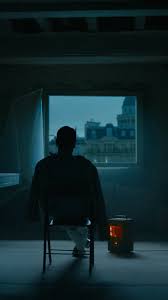
Dungeons and Dragons: Honor Among Thieves
Indiana Jones and the Dial of Destiny
John Wick: Chapter 4
The Killer
Mission: Impossible — Dead Reckoning Part One
Spider-Man: Across the Spider-Verse

BEST ANIMATED FEATURE
The Boy and the Heron
Elemental
Robot Dreams
Spider-Man: Across the Spider-Verse
Teenage Mutant Ninja Turtles: Mutant Mayhem
BEST COMEDY
American Fiction
Are You There God? It’s Me, Margaret
Barbie
Bottoms
The Holdovers
BEST DOCUMENTARY

American Symphony
Beyond Utopia
It Ain’t Over
Menus Plaisirs – Les Troisgros
Still: A Michael J. Fox Movie
BEST HORROR
Evil Dead Rise
Knock at the Cabin
M3GAN
Skinamarink
Talk to Me
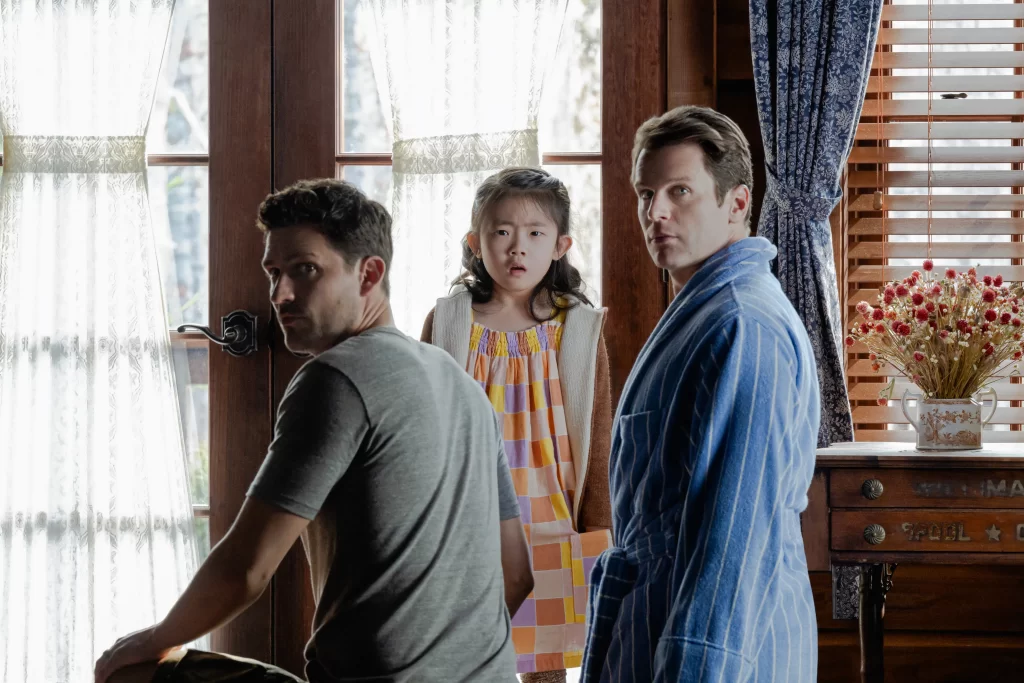
BEST SCENE
Barbie — Gloria’s monologue on the impossible standards set for women
John Wick: Chapter 4 – Staircase fight on the 222 steps leading up to the Sacré-Coeur Basilica in Paris
Killers of the Flower Moon – The radio show finale
Maestro – Leonard Bernstein conducts London Symphony in “Mahler’s Symphony No. 2” in Ely Cathedral
Oppenheimer – Trinity Test
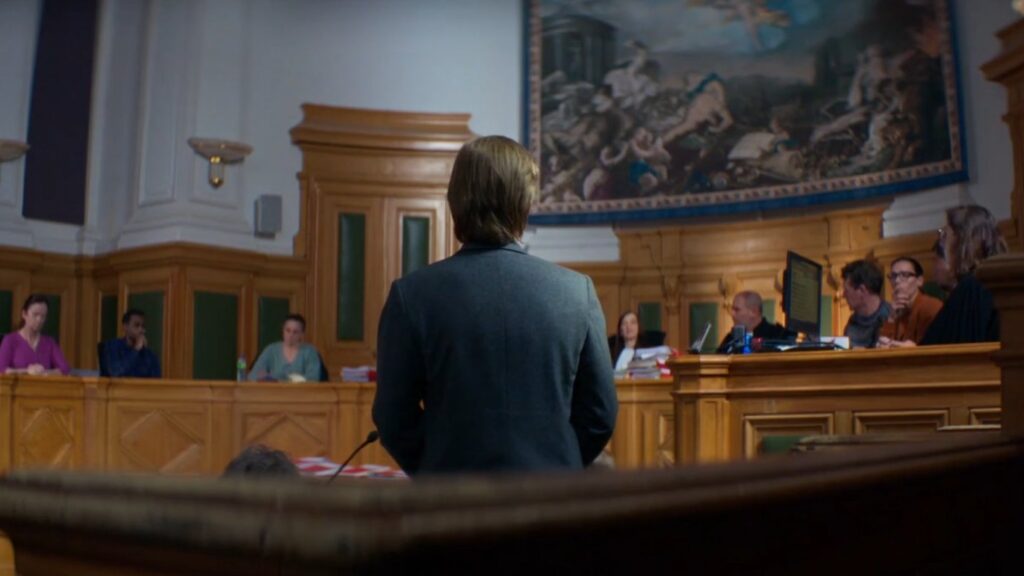

Lynn (Zipfel) Venhaus has had a continuous byline in St. Louis metro region publications since 1978. She writes features and news for Belleville News-Democrat and contributes to St. Louis magazine and other publications.
She is a Rotten Tomatoes-approved film critic, currently reviews films for Webster-Kirkwood Times and KTRS Radio, covers entertainment for PopLifeSTL.com and co-hosts podcast PopLifeSTL.com…Presents.
She is a member of Critics Choice Association, where she serves on the women’s and marketing committees; Alliance of Women Film Journalists; and on the board of the St. Louis Film Critics Association. She is a founding and board member of the St. Louis Theater Circle.
She is retired from teaching journalism/media as an adjunct college instructor.

